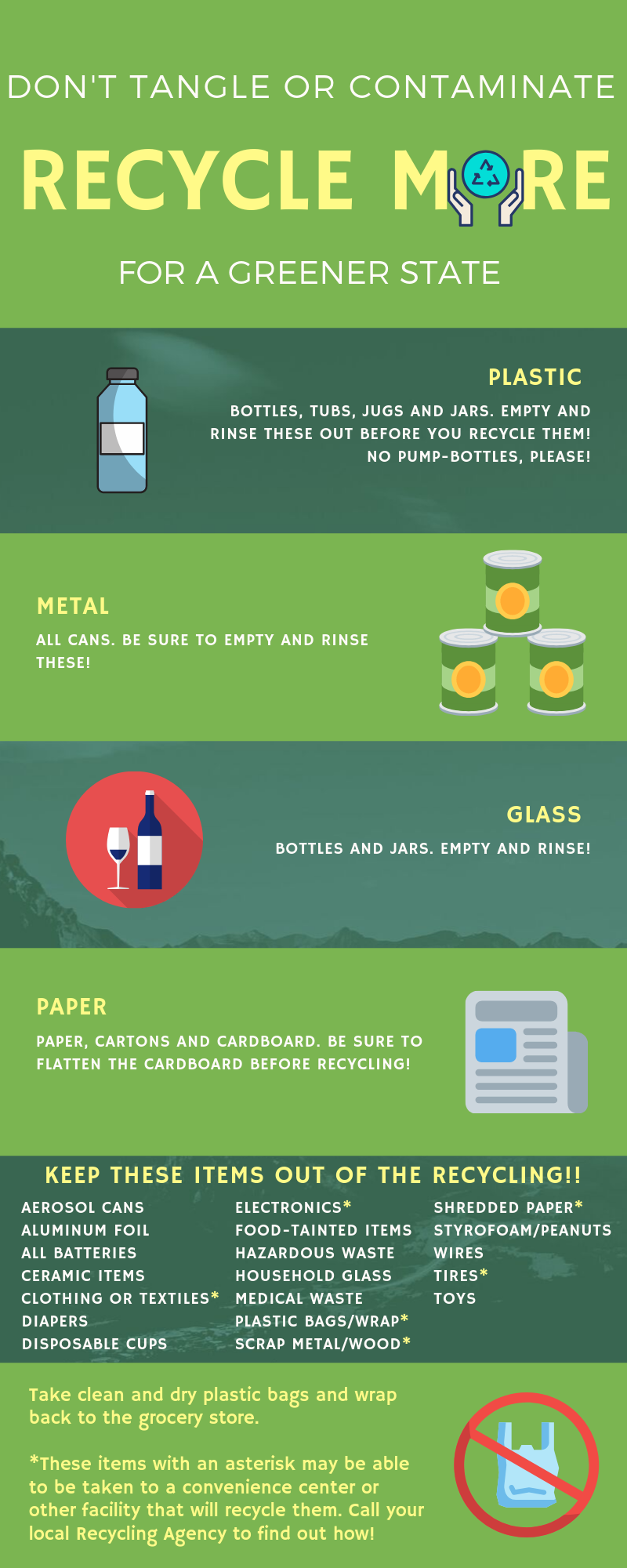Prepare To Delve Into The Intriguing Advancement Of Dumpster Rental, Tracing Its Background From The Past To The Here And Now, While Also Acquiring Insight Into Future Trends That Are Poised To Transform Waste Administration Methods
Prepare To Delve Into The Intriguing Advancement Of Dumpster Rental, Tracing Its Background From The Past To The Here And Now, While Also Acquiring Insight Into Future Trends That Are Poised To Transform Waste Administration Methods
Blog Article
Material Author-Langston Bille
As you contemplate the advancement of dumpster service, think about exactly how each period has actually contributed to forming the waste management landscape we browse today. From humble beginnings in the 1930s to the cutting-edge technologies of the present, the journey of dumpster rental has been noted by advancement and adaptation. But what rests on the horizon for this essential solution? The future patterns in sustainable methods hold the key to unlocking a more effective and eco-conscious strategy to squander monitoring. Keep tuned to discover how the dumpster rental sector is poised to welcome a greener tomorrow.
Historic Roots of Dumpster Rental
Check out the beginnings of dumpster rental and how it has formed waste monitoring methods in time.
Dumpster rental traces back to the 1930s when George Roby Dempster, a Tennessee entrepreneur, invented the Dempster-Dumpster. This critical production revolutionized garbage disposal by giving an assigned container for accumulating and moving trash efficiently. Originally utilized for construction websites, the idea rapidly expanded to household and commercial settings, causing the establishment of the initial dumpster rental services in the 1960s.
Over the years, dumpster rental has dramatically influenced waste monitoring methods by promoting convenience, sustainability, and company. The ability to systematize waste in specialized containers enhances collection processes, lowers littering, and boosts recycling initiatives. Furthermore, dumpster rental urges individuals and businesses to take on liable waste disposal behaviors, contributing to cleaner atmospheres and decreased ecological effect.
Modern Innovations in Waste Management
Including innovative modern technologies and lasting methods has reinvented waste administration in recent times, improving effectiveness and ecological effect. One significant technology is making use of smart waste monitoring systems that utilize sensors to check waste degrees in real-time, enhancing collection paths and timetables. These systems help reduce unneeded pick-ups, decreasing gas usage and emissions.
Another modern-day innovation is the implementation of waste-to-energy facilities, where non-recyclable waste is exchanged power through processes like incineration or anaerobic food digestion. This not only decreases the volume of waste predestined for landfills yet also produces renewable resource.
Additionally, the intro of single-stream recycling has simplified the recycling process for consumers, leading to higher participation rates and higher diversion from land fills. Additionally, developments in composting technologies have made natural waste monitoring more efficient, transforming food scraps and lawn waste right into important compost for agricultural use.
Anticipated Trends in Lasting Practices
Sustainable waste administration methods are progressing rapidly to satisfy the enhancing needs for environmental responsibility and resource efficiency. As you seek to the future, a number of key fads are anticipated to form the industry. One significant emphasis will certainly be on lowering waste generation through far better item style and packaging. dumpster rental companies will increasingly take on circular economy concepts, intending to decrease waste and take full advantage of the life expectancy of items.
Another fad to look for is the surge of advanced recycling technologies. Innovations in chemical recycling and pyrolysis are expected to provide brand-new options for taking care of complicated or contaminated waste streams that conventional recycling approaches struggle to refine successfully. navigate to this website have the potential to transform how we take care of waste, transforming difficult-to-recycle materials into beneficial sources.
Furthermore, expect to see a higher focus on natural waste diversion. Composting programs and anaerobic food digestion centers will end up being more prevalent as communities make every effort to reduce the amount of organic matter sent out to garbage dumps. By investing in these sustainable practices, we can relocate towards a more circular and resource-efficient waste administration system.
Final thought
In conclusion, dumpster service has come a long way since its beginning in the 1930s. From its humble starts on building and construction sites to its widespread usage in property and commercial settings, the market has constantly progressed to fulfill the altering requirements of waste management.
With the intro of modern-day advancements and a concentrate on lasting methods, the future of dumpster rental looks promising, with a solid focus on performance, ecological obligation, and development.
